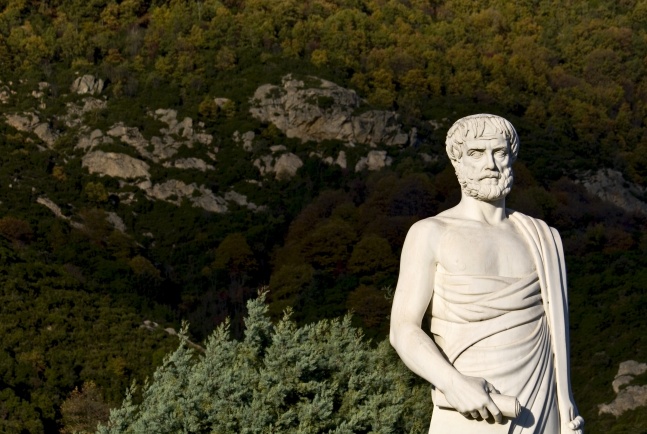

“Translating wellbeing research into positive community experiences.”
Nick Hernandez will interview Candace Vogler at 11:30 am central time today, March 19 on KZUM Community Matters for the program “Positivity Matters”.
Stream the talk here.

Candace Vogler is the David B. and Clara E. Stern Professor of Philosophy and Professor in the College at the University of Chicago, and a Principal Investigator for the project Virtue, Happiness, & the Meaning of Life. She has authored two books, John Stuart Mill’s Deliberative Landscape: An essay in moral psychology (Routledge, 2001) and Reasonably Vicious (Harvard University Press, 2002), and essays in ethics, social and political philosophy, philosophy and literature, cinema, psychoanalysis, gender studies, sexuality studies, and other areas. Her research interests are in practical philosophy (particularly the strand of work in moral philosophy indebted to Elizabeth Anscombe), practical reason, Kant’s ethics, Marx, and neo-Aristotelian naturalism.



